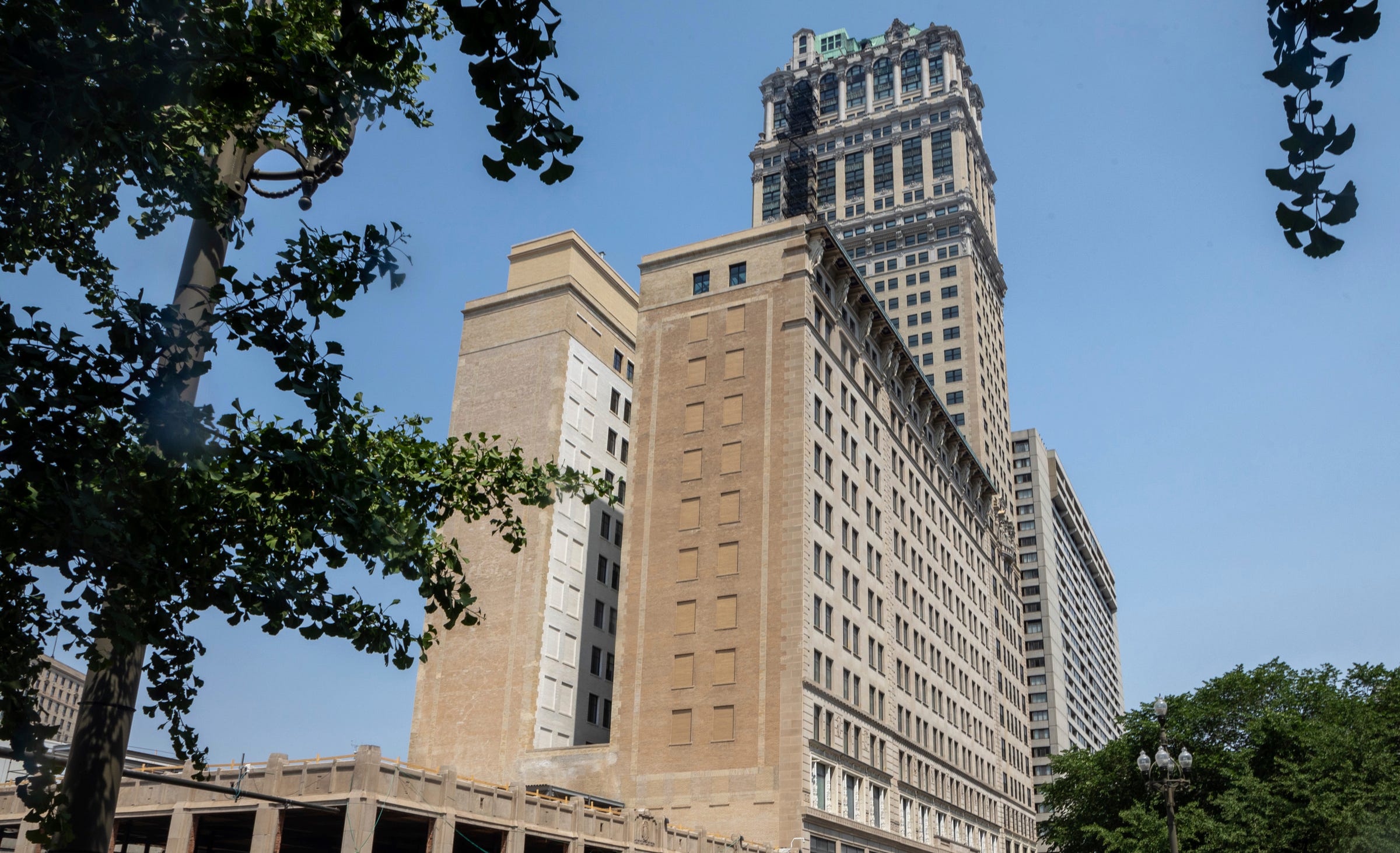The president of Bedrock, a key real estate developer in Detroit, has publicly defended the company’s subsidies amidst a legal challenge from the Free Press and the Mackinac Center for Public Policy. The lawsuit, filed against the Michigan Department of Treasury, seeks the release of reports identifying the businesses and new jobs created at Bedrock’s projects, including the Hudson’s building, the Book Tower, and One Campus Martius.
In an opinion piece, JC Reindl of the Free Press addressed the ongoing dispute over the Transformational Brownfield Plan. While Bedrock maintains a neutral stance on the lawsuit, the company acknowledges the importance of taxpayer information protection. The core of the Free Press’s inquiry revolves around the assertion that Bedrock’s developments have not generated sufficient office jobs to justify the taxpayer incentives received.
This argument, according to Bedrock, fails to consider the profound impact of the COVID-19 pandemic on the office market. JLL, a global real estate services firm, reports that net leasing activity has been negative in 18 of the last 20 quarters, with over 1.1 billion square feet of vacant office space across the United States. Metro Detroit has not escaped this trend, with 370,000 square feet of negative net absorption in the most recent quarter.
In light of these changes, Michigan’s lawmakers have restructured the brownfield program to focus on creating vibrant communities rather than solely office jobs. The 2023 reforms aim to foster mixed-use developments that combine residential, retail, and entertainment spaces. This shift reflects an understanding that thriving urban centers require a blend of functions to attract talent and stimulate economic growth.
Bedrock has responded by amending its Transformational Brownfield Plan in February 2024. The revised plan emphasizes that tax reimbursements are now derived largely from non-office sources, marking a significant departure from the original office-centric approach established in 2017.
The question arises: how can the success of these projects be measured? Bedrock asserts that the investments are overwhelmingly beneficial for Detroit and the state of Michigan.
The company is projected to invest over $2 billion in its key projects, including the Hudson’s building and the Book Tower. Annual reimbursements from state taxes related to these developments represent just 0.6% of the total investment, illustrating the potential benefits of this public-private partnership.
Moreover, these projects are not only expected to generate numerous local jobs in sectors such as hospitality and retail but also enhance Detroit’s cultural identity. Recognized by both The New York Times and Travel + Leisure as premier travel destinations, the Book Tower and Hudson’s building are anticipated to attract significant tourism and economic activity.
At the heart of this initiative is Dan Gilbert, Bedrock’s founder and chairman, who emphasizes a philosophy of long-term community investment over immediate profit. He recently stated, “… there won’t be a profit (in Hudson’s) until after you all are grandparents,” underscoring the commitment to creating lasting value for the region.
While Bedrock respects the role of the media in holding entities accountable, the company remains confident in the transformative potential of its projects. The partnership with the state is designed not just to enhance private profit but to redefine Detroit for future generations.
In closing, Bedrock’s president expresses a strong conviction in the importance of these developments, highlighting their role in revitalizing urban spaces and fostering community growth.





































































